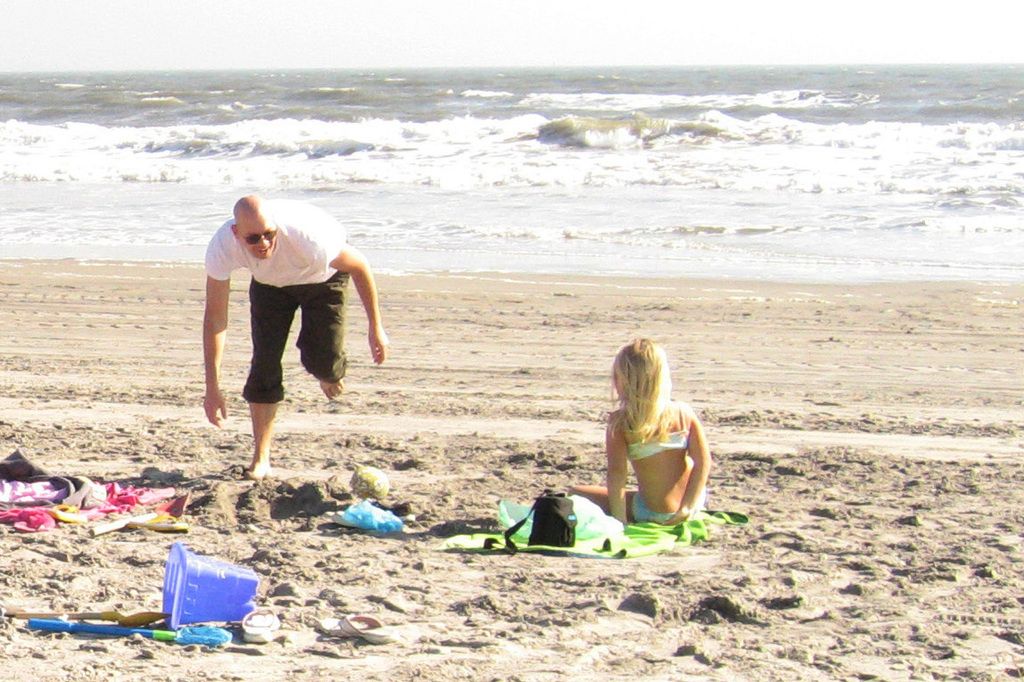Global Health Organization Issues Alert on Potential Mpox Transmission Expansion
Get ready, folks! The World Health Organization (WHO) has issued a serious warning: cases of Mpox virus, formerly monkeypox, have been skyrocketing in West Africa. And, get this—the virus might be spreading undetected on other continents. So, the WHO Director-General Tedros Adhanom Ghebreyesus declared that the ongoing Mpox spread remains a global health crisis, as per the recommendations of independent experts in Geneva.
What's Mpox, you ask? Well, it's a virus that's transmitted through close physical contact, and commonly causes mild symptoms like skin rash and fever. But, watch out! In extreme cases or among vulnerable populations (like young children or those with weak immune systems), the virus can be downright deadly.
Now, let's check out the current status of Mpox:
- Global Overview: Mpox has been making headlines worldwide since May 2022. So far, it's been reported in over 100,000 cases across 122 countries (!), including 115 where Mpox was previously unknown.
- Clade I and II: Outbreaks of clade I Mpox are still happening in Central and Eastern Africa, with human-to-human transmission reported in countries like the Democratic Republic of the Congo, Burundi, Kenya, Malawi, Rwanda, South Sudan, Tanzania, Uganda, Zambia, Central African Republic, and Republic of the Congo. On the other hand, clade II, responsible for the global outbreak, has led to the majority of cases outside Africa.
- West Africa: West Africa isn't exactly in the spotlight for major ongoing outbreaks, according to the latest WHO and CDC reports. But, on the flip side, they've historically been associated with clade II Mpox outbreaks.
So, travel-associated Mpox cases have been reported in various countries such as Angola, Australia, Belgium, Brazil, Canada, China, France, Germany, India, Ireland, Oman, Pakistan, Qatar, South Africa, Sweden, Switzerland, Thailand, the United Arab Emirates, the United Kingdom, the United States, and Zimbabwe.
Keep in mind that secondary transmission of clade Ib Mpox has been reported outside Africa, particularly in the EU/EEA (Germany, Belgium, UK) and China.
Here's the lowdown on Mpox in 2024–2025, by region:
| Region/Continent | Clade(s) Involved | Current Status/Spread ||-------------------------|-----------------------|--------------------------------------|| Central & Eastern Africa| Clade I (Ia, Ib) | Active human-to-human transmission || West Africa | Not prominently listed| No major ongoing outbreaks reported || Europe, Americas, Asia | Clade II (IIb) | Global pandemic, travel/sexual spread|| Other Continents | Clade I (travel cases)| Sporadic travel-associated cases |
The WHO recommends beefing up genomic sequencing to track virus strains, enhancing surveillance, and ensuring a fair shot at vaccines and treatments for high-risk populations. They also suggest avoiding close contact with infected individuals or animals, using personal protective equipment, and targeted vaccination for susceptible groups.
In short, Mpox continues to be a major global health concern, with ongoing transmission hotspots in Central and Eastern Africa and widespread international spread, particularly for clade II. However, details on current West African transmission are less clear in the latest WHO and CDC situation reports. Keep an eye on this one, folks! 🌎🦠
Scientists closely monitor the number of Mpox cases in various medical-conditions, as the virus spreads undetected potentially on other continents due to global travel, causing health-and-wellness concerns worldwide. The World Health Organization (WHO) emphasizes the need for enhanced genomic sequencing, surveillance, and fair distribution of vaccines and treatments, particularly for high-risk populations, to curb the ongoing crisis.




